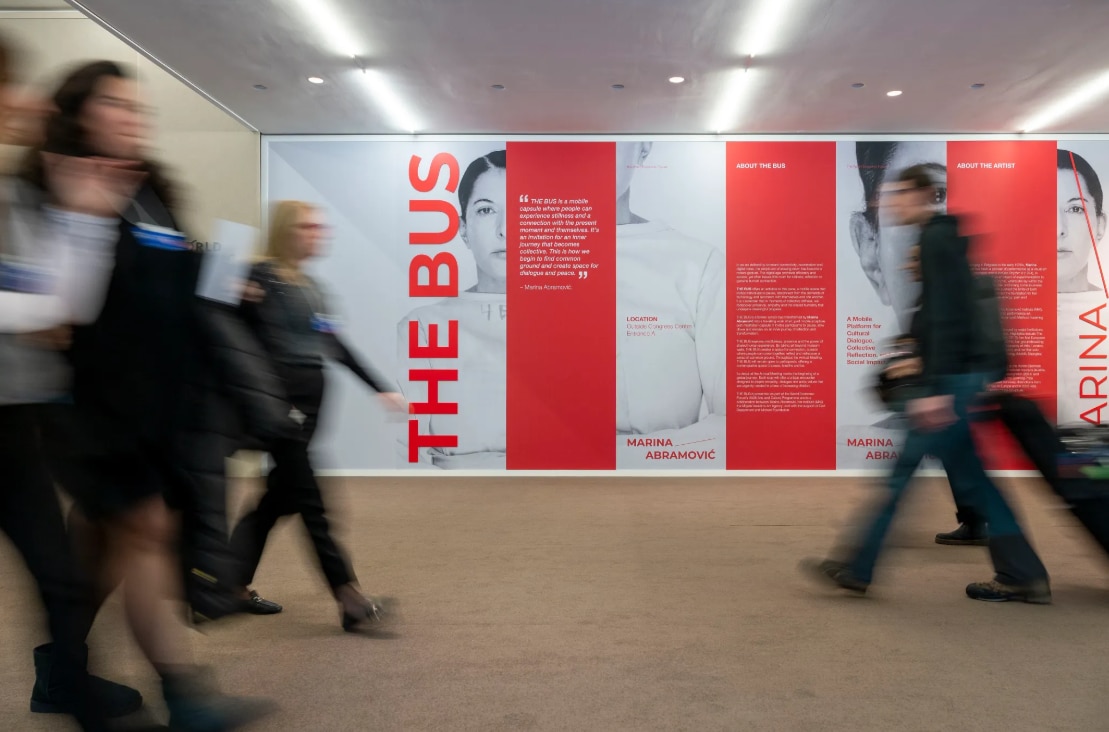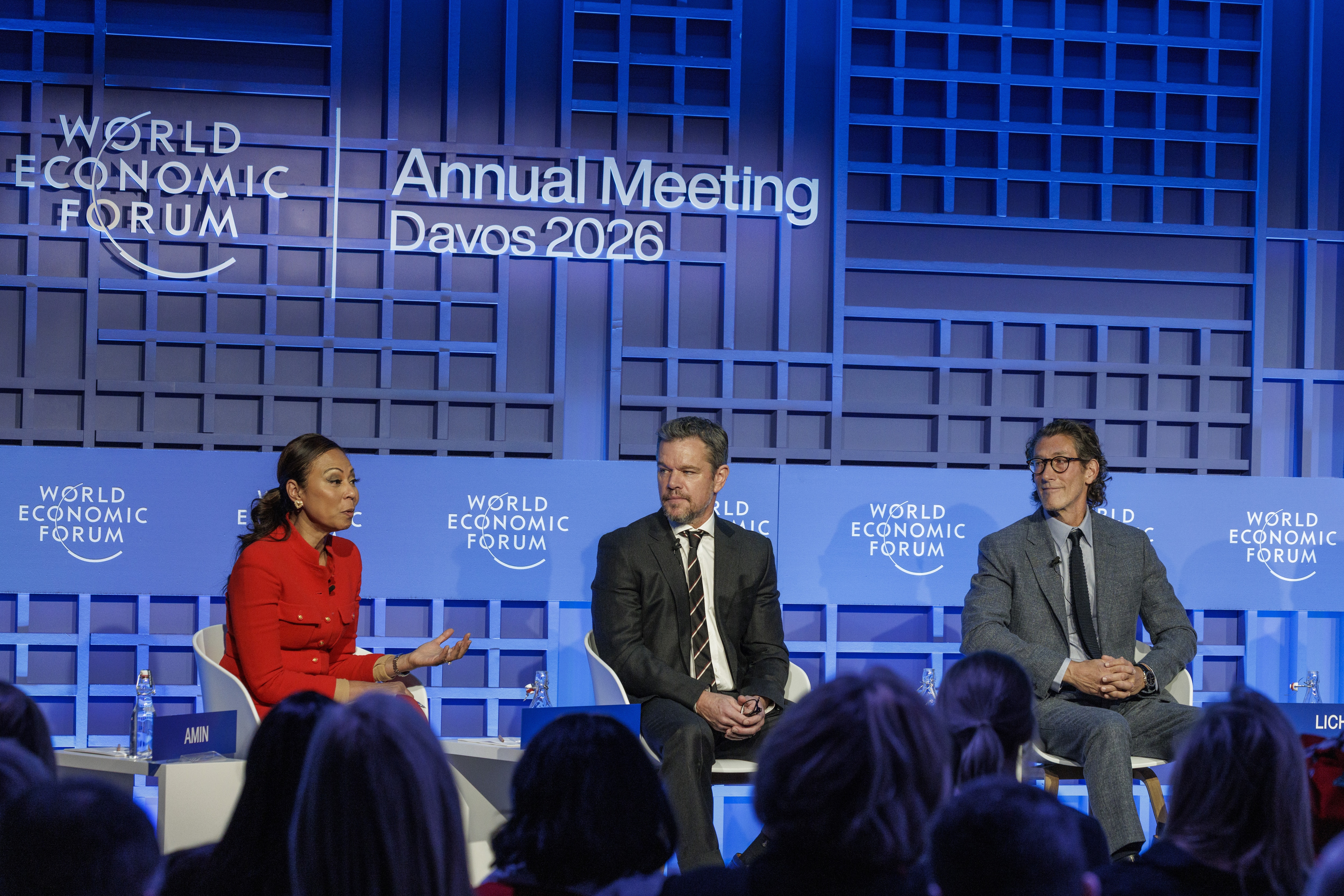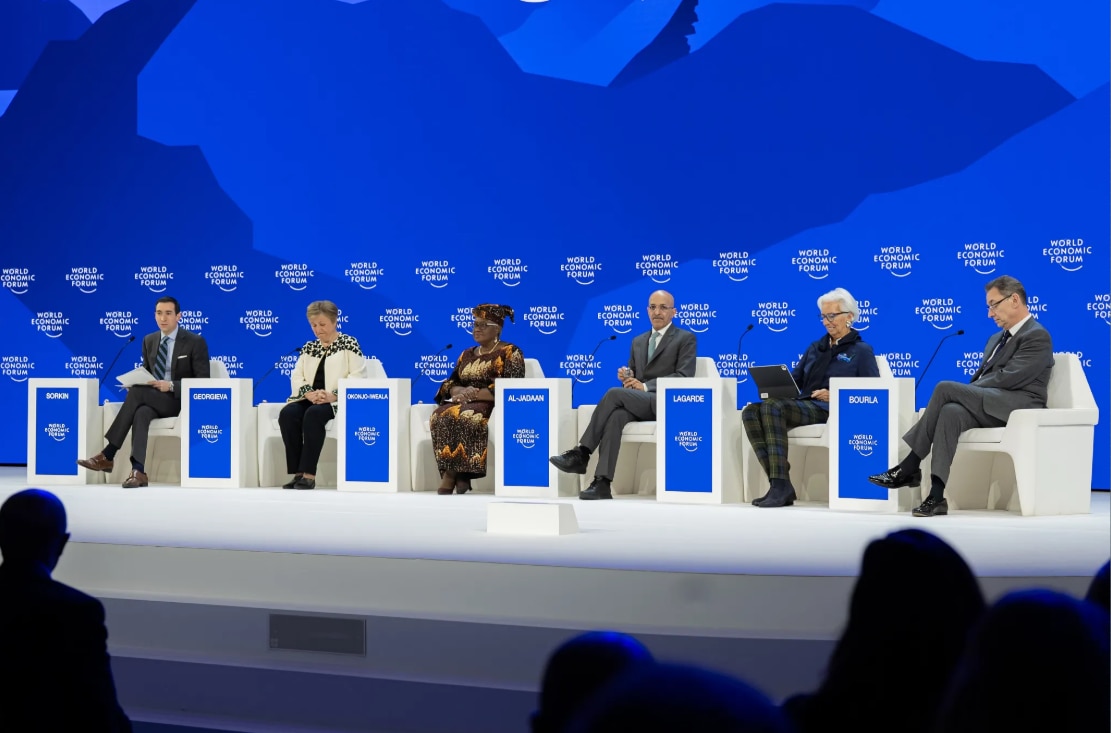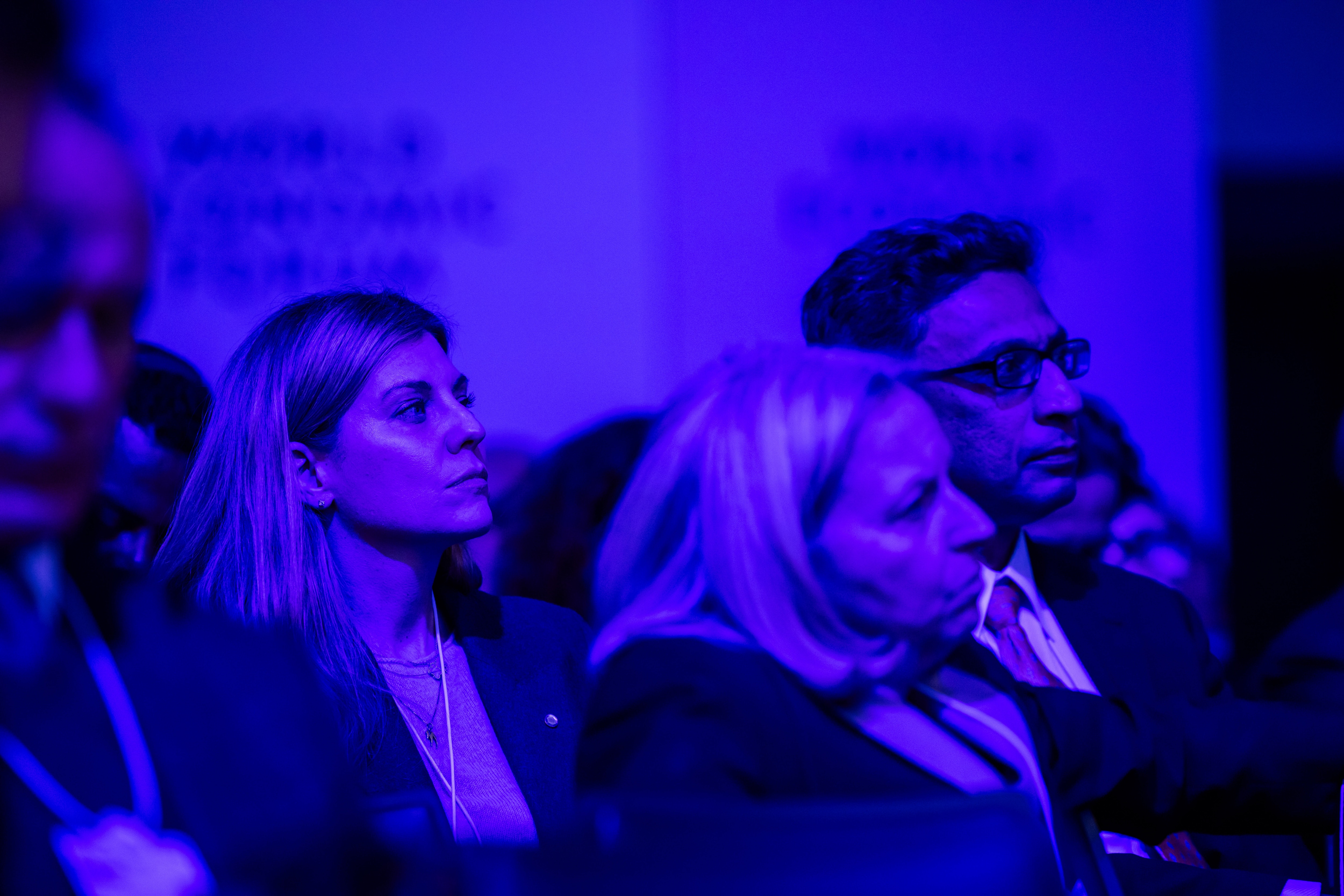Having many careers will be the norm, experts say

We’re entering an era in which most of us won’t just have one career, but many. Image: Pexels/Andrea Piacquadio
Listen to the article
- People in the future won’t have just one career, but many, experts predict.
- As we all work for longer, it will be your core skills that count.
- And to sustain a non-linear career, we’ll all need to be lifelong learners.
We’ve all got used to changing jobs throughout our careers – American adults have held down an average of 12 by the time they’re 55. But now we’re entering an era in which most of us won’t just have one career, but many.
Employment experts predict the rapid pace of change in employment will mean individuals will need to become lifelong learners to prepare them for multiple career changes during their working lives.
The World Economic Forum’s Future of Jobs Report 2023 says that two-fifths of the core skills workers have today will be disrupted by technological change by 2027. Half of all workers’ core skills will need to be updated every five years, the report adds.

The scale of change in the job market caused by the Fourth Industrial Revolution was being accelerated by economic and geopolitical disruptions and growing social and environmental pressures, the report added, creating an increasing need to embrace a culture of lifelong learning.
The report’s findings will be discussed as part of a debate about the challenges facing global employment at the Forum’s Growth Summit: Jobs and Opportunity for All, in Geneva, Switzerland on 2 and 3 May.
The great migration
Research by career planning website Zippia.com found that the COVID-19 pandemic has caused an increase in the number of people making career changes. Partly this was because they had no choice - almost two-fifths of the US workforce lost their jobs in 2020.
Almost two-thirds of workers in the US are actively looking for a new job. The research found that workers stay with one employer for an average of about 4.1 years, holding down an average of 12 jobs in a working lifetime.
Some analysts suggest Americans already have an average of seven careers in a lifetime, but others say the data is unreliable. Whatever the actual figure, Zippia’s research says the average age for making a career change is 39.
The latest global Workmonitor survey by recruitment company Randstad found that while many workers are satisfied with their current career, priorities are changing. More than 8 in 10 said they were rethinking how their job fits with their personal schedule and 77% want more career flexibility.
There’s been much media speculation about what, in the US, has been dubbed the Great Migration - people swapping jobs and careers in the wake of the pandemic. It follows on from the so-called Great Resignation in which four million Americans quit their jobs in a single month in 2021.
The Great Migration has been summed up by US employment analyst Josh Bersin as: “Employees migrating from ‘crummy jobs’ to ‘better jobs’ and from ‘companies that don’t seem to care’ to ‘companies that really really care’.”
No more jobs for life
“Lifetime employment at a single job is largely a thing of the past,” career coach Caroline Castrillon wrote recently in an article in Forbes. “While some employers may frown upon non-linear careers, those attitudes are quickly changing.”
She said that companies increasingly value flexible workers who can adapt to change. Transferable skills will become more important in the future, even if it means people working outside their comfort zone, she added.
The Forum’s Future of Jobs Report 2023 says that, in the future, employers will expect workers to have “socio-emotional skills related to self-efficacy and continuous learning” such as analytical and creative thinking, resilience, flexibility, motivation and curiosity.
To succeed in the non-linear careers of the future, people will need to develop empathy and active listening, leadership and social influencing skills, as well as the ability to teach and mentor others, the report adds.
Don't miss any update on this topic
Create a free account and access your personalized content collection with our latest publications and analyses.
License and Republishing
World Economic Forum articles may be republished in accordance with the Creative Commons Attribution-NonCommercial-NoDerivatives 4.0 International Public License, and in accordance with our Terms of Use.
The views expressed in this article are those of the author alone and not the World Economic Forum.
Stay up to date:
Future of Work
Related topics:
Forum Stories newsletter
Bringing you weekly curated insights and analysis on the global issues that matter.
More on Forum in FocusSee all
Kaya Bülbül and Kate Whiting
January 30, 2026






